Porsche is facing a new lawsuit in the US, this time not related to its cars but to the home chargers that come with its electric vehicles. According to Carscoops, two US customers have filed a lawsuit against Porsche for allegedly not performing as advertised and even posing a fire risk.
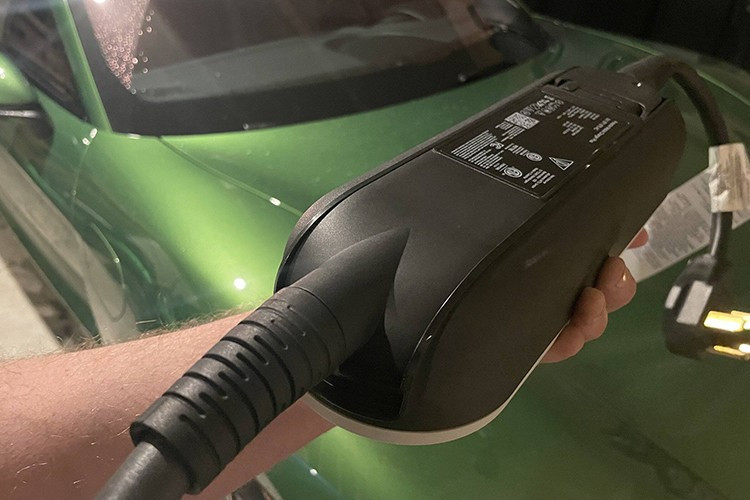
These devices are sold with the Porsche Taycan electric car, allowing users to charge the battery at home. According to published specifications, when connected to a power source with a minimum current of 40A, the charging system can fully charge the battery in about 9.5 - 10.5 hours. However, the plaintiffs claim that in reality, charging time is almost twice as long, causing the use of the car to be interrupted and not as expected.
More worryingly, the lawsuit alleges that the chargers have a tendency to overheat, potentially damaging the outlet or even posing a fire hazard when used for extended periods of time. The group of customers alleges that Porsche was aware of the problem but did not take significant corrective action, nor did it ever issue a recall or replace the product.

The two plaintiffs in the case are Paul Herdtner (Kansas), owner of a 2020 Porsche Taycan 4S, and John Holby (Illinois), owner of a 2021 Taycan Turbo. Both said they repeatedly experienced slow charging and overheating, despite using the device according to the manufacturer's instructions.
This isn’t the first time Porsche has had trouble with its home chargers. In 2023, the company faced a similar lawsuit, also related to overheating and slower-than-advertised charging speeds. At that time, Porsche agreed to refund customers and introduce a new version of the charger with a temperature sensor to monitor safety during use.

However, many consumers believe that these changes are just cosmetic and do not completely address the core problem. According to the current group of plaintiffs, the slow charging problem persisted both before and after the company applied the charging speed restriction, directly affecting the experience of using electric vehicles.
The new lawsuit is seen as a warning shot for Porsche as electric car manufacturers struggle to build consumer confidence in the quality of their products and the safety of their charging devices. With high-end prices, customers expect Porsche electric cars to meet standards befitting the German brand’s reputation.
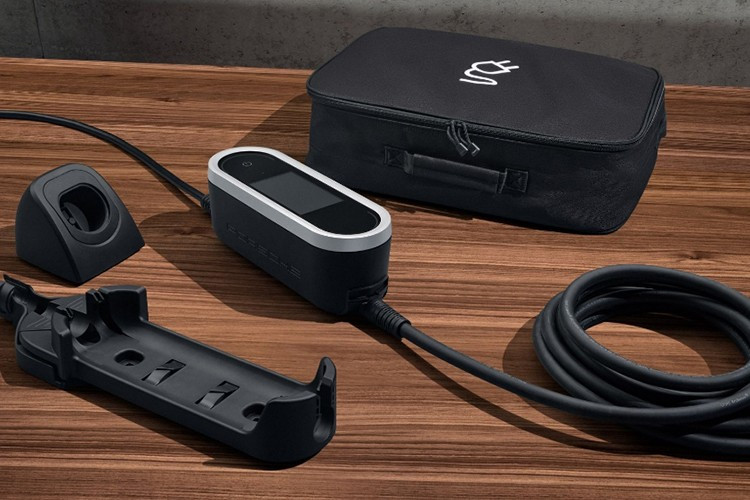
Porsche has yet to officially respond to the lawsuit, but the incident could lead to extensive legal scrutiny and technical reviews of its home charging systems, especially in the US market, where electrical safety regulations are very strict.
Source: https://khoahocdoisong.vn/electric-car-sac-tai-nha-porsche-bi-nguoi-dung-to-sac-cham-co-the-qua-nhiet-post2149060192.html



![[Photo] Solemn opening of the 1st Government Party Congress](https://vphoto.vietnam.vn/thumb/1200x675/vietnam/resource/IMAGE/2025/10/13/1760337945186_ndo_br_img-0787-jpg.webp)







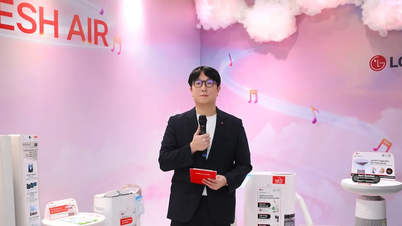









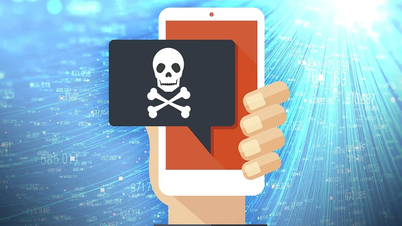



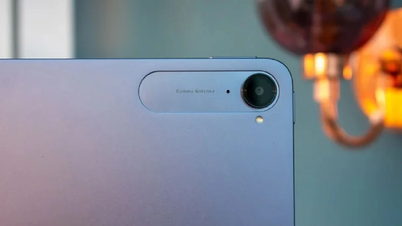
![[Photo] General Secretary To Lam attends the opening of the 1st Government Party Congress](https://vphoto.vietnam.vn/thumb/1200x675/vietnam/resource/IMAGE/2025/10/13/1760321055249_ndo_br_cover-9284-jpg.webp)

























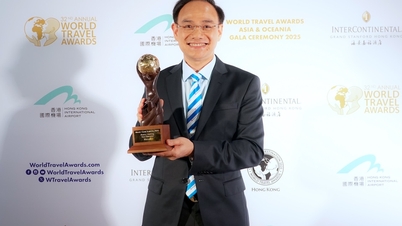





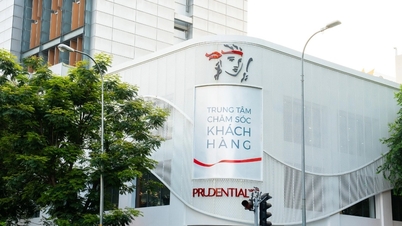







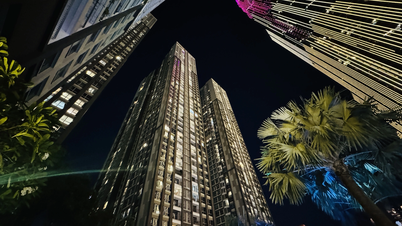








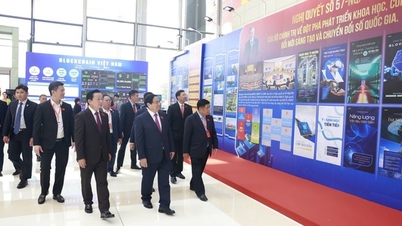






























Comment (0)